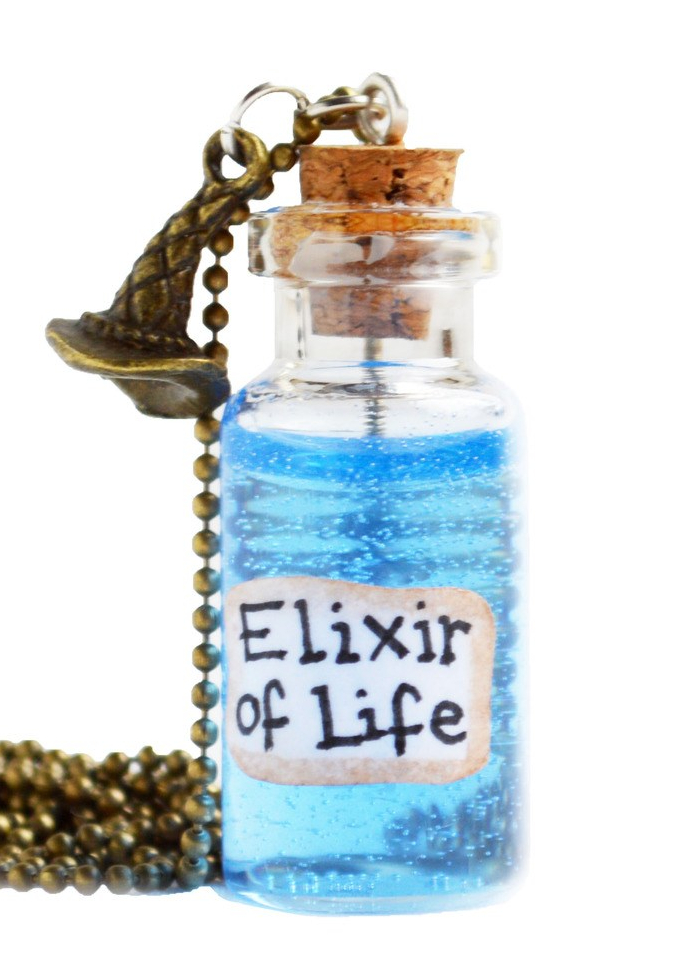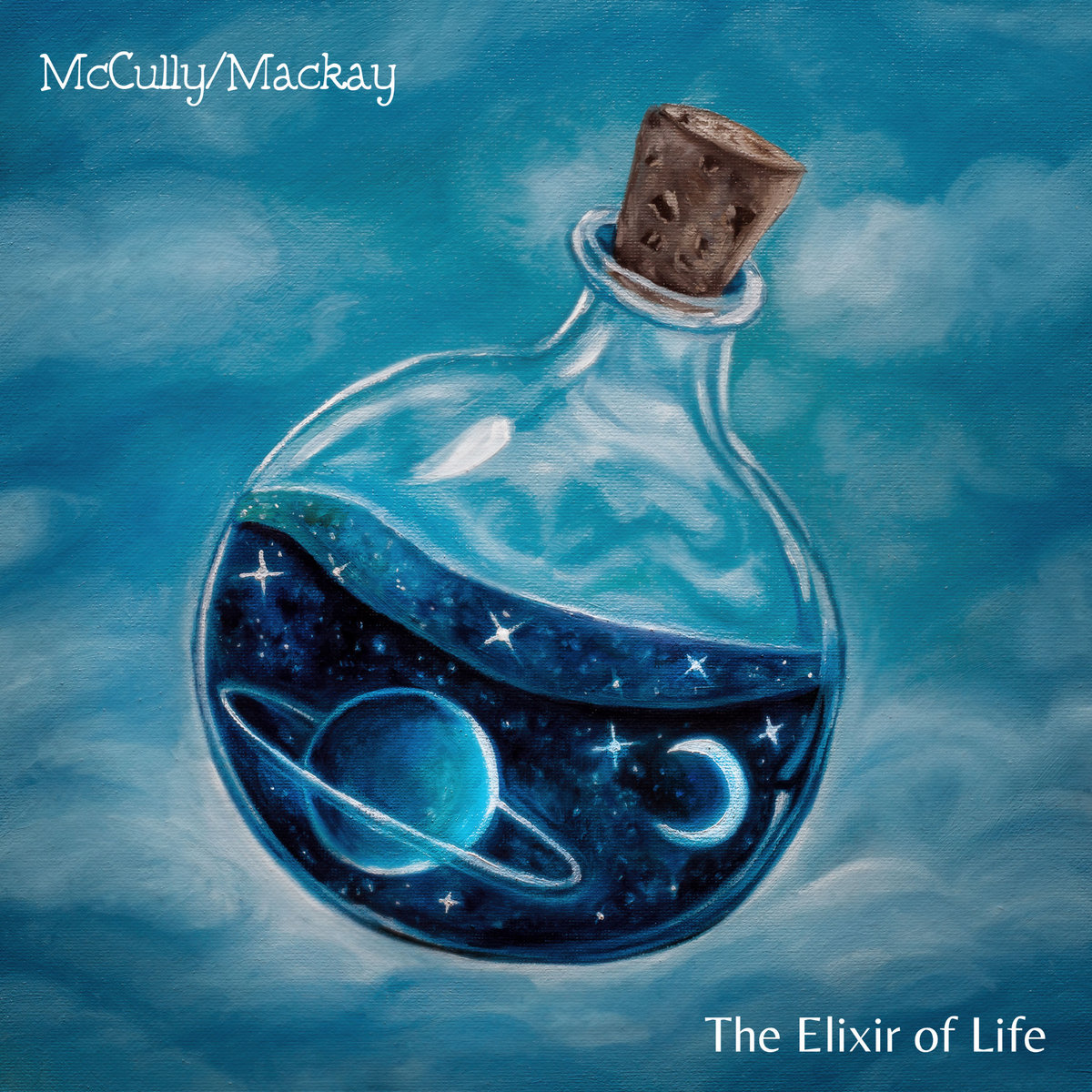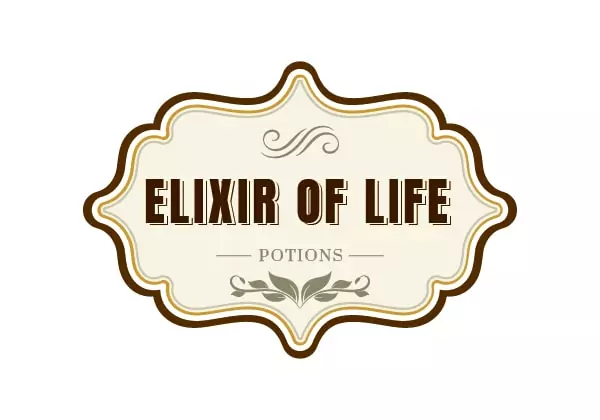Is The Elixir Of Life Real

For millennia, humanity has chased the elusive promise of immortality, the legendary Elixir of Life. From ancient alchemists to modern-day scientists, the quest to conquer aging has fueled countless dreams and spurred relentless research. But is this fantastical pursuit merely a pipe dream, or is there a glimmer of hope that the mythical Elixir could one day become a reality?
This article delves into the scientific advancements and philosophical debates surrounding the possibility of significantly extending human lifespan, exploring the cutting-edge research in areas like genetics, cellular senescence, and regenerative medicine. We will examine the ethical implications of such breakthroughs and analyze whether the concept of an "Elixir of Life," while perhaps not delivering literal immortality, could translate into a future of healthier, longer lives.
The Science of Aging: Unraveling the Biological Clock
The first step towards understanding a potential "Elixir of Life" lies in deciphering the complex mechanisms of aging. Scientists are increasingly viewing aging not as an inevitable decline, but as a biological process that can be influenced.
Research focuses on several key areas, including telomere shortening, cellular senescence, and the accumulation of DNA damage. These processes contribute to age-related diseases and the overall decline in bodily function.
Telomeres and Cellular Senescence
Telomeres, protective caps on the ends of our chromosomes, shorten with each cell division. Once they reach a critical length, cells enter a state of senescence, where they stop dividing and can release harmful substances that damage surrounding tissues.
Companies like Teloyears offer telomere length testing, claiming to provide insights into biological age, although the scientific community debates the clinical significance of such measurements. Scientists are exploring therapies to lengthen or preserve telomeres, potentially slowing down the aging process.
However, targeting senescence is also important, with research focusing on senolytics, drugs that selectively eliminate senescent cells. Early studies in mice have shown promising results, with senolytics improving healthspan and extending lifespan.
Genetic Factors and the Role of DNA
Our genes play a significant role in determining our lifespan and susceptibility to age-related diseases. Studies of centenarians have revealed genetic variations that may contribute to their exceptional longevity.
Researchers are identifying genes that influence aging pathways, such as the FOXO3 gene, which has been linked to increased lifespan in various populations. This knowledge could pave the way for gene therapies or targeted drug development to promote healthy aging.
DNA damage accumulates over time and contributes to cellular dysfunction. Scientists are investigating mechanisms to repair DNA damage and protect cells from its harmful effects.
Regenerative Medicine: Repairing and Replacing Damaged Tissues
Regenerative medicine offers another promising avenue for combating aging by focusing on repairing or replacing damaged tissues and organs. This field encompasses various approaches, including stem cell therapy, tissue engineering, and gene therapy.
Stem cell therapy aims to replace damaged cells with healthy, functional cells derived from stem cells. While still in its early stages, this approach holds potential for treating age-related diseases like heart disease, Alzheimer's disease, and Parkinson's disease.
Tissue engineering involves creating new tissues and organs in the lab to replace those that have been damaged or lost due to aging or disease. This technology is still under development but has shown promise in regenerating skin, cartilage, and even entire organs.
Ethical and Societal Implications: A Brave New World?
The prospect of significantly extending human lifespan raises profound ethical and societal questions. Who would have access to these life-extending therapies? How would it impact our healthcare systems and social structures?
The potential for increased health disparities is a major concern. If life-extending technologies are only available to the wealthy, it could exacerbate existing inequalities and create a two-tiered society.
The impact on resource allocation and environmental sustainability also needs to be considered. A significantly larger and longer-living population could strain resources and accelerate environmental degradation.
The Quest Continues: A Glimmer of Hope, Not Immortality
While the literal "Elixir of Life" may remain a myth, the scientific advancements in understanding and combating aging are undeniable. The research in genetics, cellular senescence, and regenerative medicine holds immense promise for extending human healthspan and delaying the onset of age-related diseases.
Dr. Nir Barzilai, Director of the Institute for Aging Research at Albert Einstein College of Medicine, is leading the Targeting Aging with Metformin (TAME) trial, which aims to demonstrate that a drug can delay the onset of age-related diseases.
The future may not hold literal immortality, but it could offer the possibility of living longer, healthier, and more fulfilling lives. The journey towards understanding and conquering aging is a complex and multifaceted one, requiring continued scientific investigation, ethical consideration, and societal dialogue.


















